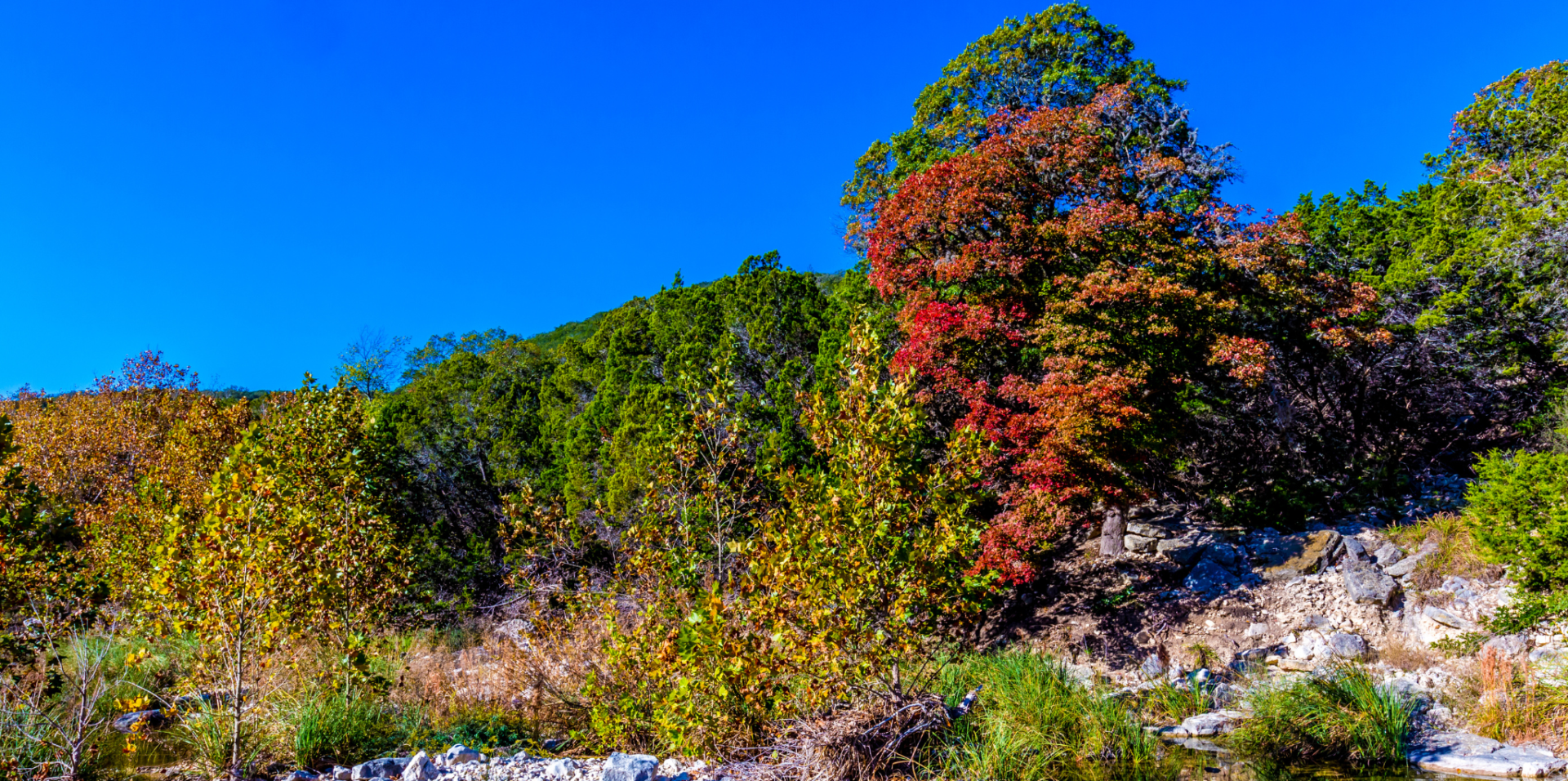The Rich and Aromatic History of Coffee
The Birth of a Beverage
The story of coffee begins in the Ethiopian highlands, where legend tells of a goatherd named Kaldi who noticed his goats becoming unusually energetic after eating the berries from a certain tree. Intrigued, Kaldi tried the berries himself and experienced a similar boost of energy. Word of this “magical” fruit spread, and soon, coffee was being cultivated and consumed throughout the region.
Coffee’s Global Expansion
From Ethiopia, coffee made its way to Yemen, where it was cultivated by Sufi monks for its stimulating effects during long hours of prayer. By the 16th century, coffee had reached the Middle East, Persia, Turkey, and North Africa. European traders brought coffee to the continent in the 17th century, and it quickly became a popular drink in coffeehouses, which served as centers of intellectual and social exchange.
Coffee and Conflict
Coffee has played a significant role in military history, providing soldiers with a much-needed energy boost during long campaigns. During the American Civil War, coffee was a staple ration for both Union and Confederate troops. It was also a crucial part of the diet for soldiers in World War I and World War II, helping to keep them alert and focused in the trenches.
Regional Flavors
Coffee is grown in over 70 countries around the world, each with its own unique climate, soil, and cultivation methods that contribute to the distinctive flavor profiles of its coffee beans.
Central and South America: This region produces some of the world’s most popular coffee varieties, including Colombian, Brazilian, and Guatemalan coffees. These coffees are known for their balanced flavors, with notes of chocolate, nuts, and caramel.
Africa: African coffees, such as Ethiopian and Kenyan varieties, are prized for their bright acidity, floral aromas, and complex fruit flavors.
Asia: Asian coffees, including Indonesian and Vietnamese varieties, are often full-bodied and earthy, with hints of spice and dark chocolate.
Coffee’s Cultural Significance
Coffee drinking is deeply ingrained in the cultures of many countries. In some cultures, coffee is traditionally consumed in the morning as a way to start the day, while in others, it is enjoyed in the evening as a social drink.
Italy: Italians are known for their love of espresso, a strong, concentrated coffee that is often consumed quickly at a coffee bar. The Italian word for coffee is “caffè”, pronounced as “kahf-FEH”.
Turkey: Turkish coffee is a thick, unfiltered coffee that is traditionally served in small cups with a layer of foam on top. The Turkish word for coffee is “kahve”, pronounced as “kah-VEH”.
Vietnam: Vietnamese coffee is often made with a phin filter and sweetened condensed milk, creating a rich and creamy beverage.The Vietnamese word for coffee is “cà phê”, pronounced as “kah-FEH”.
Coffee’s Evolution
Coffee has undergone many transformations throughout its history, adapting to the needs and tastes of different times and cultures. During times of scarcity, such as the American Civil War and the Great Depression, coffee was often stretched by adding chicory root, a plant with a bitter, coffee-like flavor. This practice became particularly popular in New Orleans, where chicory coffee remains a beloved tradition to this day. The earthy and slightly sweet notes of chicory add a unique dimension to the coffee’s flavor profile, creating a beverage that is both comforting and invigorating.
The 20th century witnessed a significant shift in coffee consumption with the advent of instant coffee. Developed as a convenient and time-saving alternative to traditional brewing methods, instant coffee gained popularity during World War II, when soldiers needed a quick caffeine fix on the battlefield. While instant coffee may not offer the same depth and complexity as freshly brewed coffee, it played a crucial role in democratizing coffee consumption, making it accessible to a wider audience.
However, it was the emergence of coffee shops like Starbucks in the 1970s that truly revolutionized coffee culture. Starbucks transformed the coffee experience from a simple caffeine boost to a social and cultural phenomenon. By offering a wide range of coffee beverages, from classic espresso drinks to innovative creations like the frappuccino, Starbucks catered to a diverse range of tastes and preferences. The company also created a welcoming and inviting atmosphere in its stores, encouraging customers to linger and enjoy their coffee in a comfortable setting.
Starbucks’ success inspired a wave of independent coffee shops and roasteries, further fueling the coffee renaissance. This new wave of coffee culture emphasized quality, craftsmanship, and sustainability, leading to a greater appreciation for the nuances of coffee flavor and origin. Today, coffee enthusiasts can explore a vast array of coffee beans from around the world, each with its own unique story and taste profile. From single-origin pour-overs to expertly crafted espresso drinks, the possibilities are endless, and the journey of coffee continues to evolve.
From its ancient origins to its modern-day popularity, coffee has captivated the world with its rich flavor, stimulating effects, and cultural significance. Whether you prefer a simple cup of black coffee or a fancy latte, there’s no denying the power of this beloved beverage to bring people together and create moments of connection and enjoyment.
Magnolia’s New Sycamore Coffee
Aaron’s journey to opening Magnolia’s Sycamore Coffee Shop is rooted in his early experiences in the coffee world. In 2017, Aaron took his first job at a small coffee shop in Tomball, Texas, where he quickly found solace under the canopy of magnificent sycamore trees that shaded the shop’s front porch.
For Aaron, those trees became a sanctuary during a challenging chapter of his life. “I remember those days vividly,” he shares. “I’d sit under those sycamore trees during breaks and after my shifts, reading the book of James and finding strength in its words. It was a period of great personal growth, not in spite of the struggles but because of them.”
This profound time in his life is what inspired the name of his new venture, Sycamore Coffee. Aaron wanted his coffee shop to be a place where people could find peace and connection, much like he did under those trees.
Despite a rough start—having to close for four days due to a hurricane right after their opening day—Aaron remains undeterred. His vision for Sycamore Coffee Shop extends beyond its four walls. He’s excited about future plans to expand the brand with a mobile coffee shop for weddings and events, bringing their unique blend of warmth and hospitality to more people in different settings.
Come out to Sycamore Coffee behind HEB on 1488. And join Aaron there on the first Saturday of each month for his “Local Makers Market”





